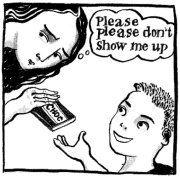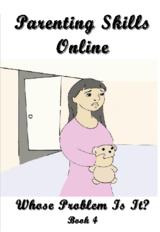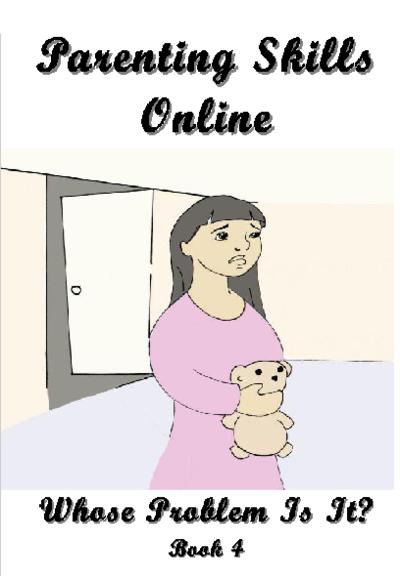 How valuable is this information?
How valuable is this information?
What we are not told when our babies arrive is that the greater part of our child’s learning is done unconsciously as a small child, and most of it up to the age of seven, called the imprint period. Information at an extensive rate of 5 billion synaptic connections per day is downloaded into a small child’s unconscious mind.
As parents we are the primary source of a child’s conscious and unconscious learnings and it is this fact which makes it all the more important in how we interact with our children during these formative years.


